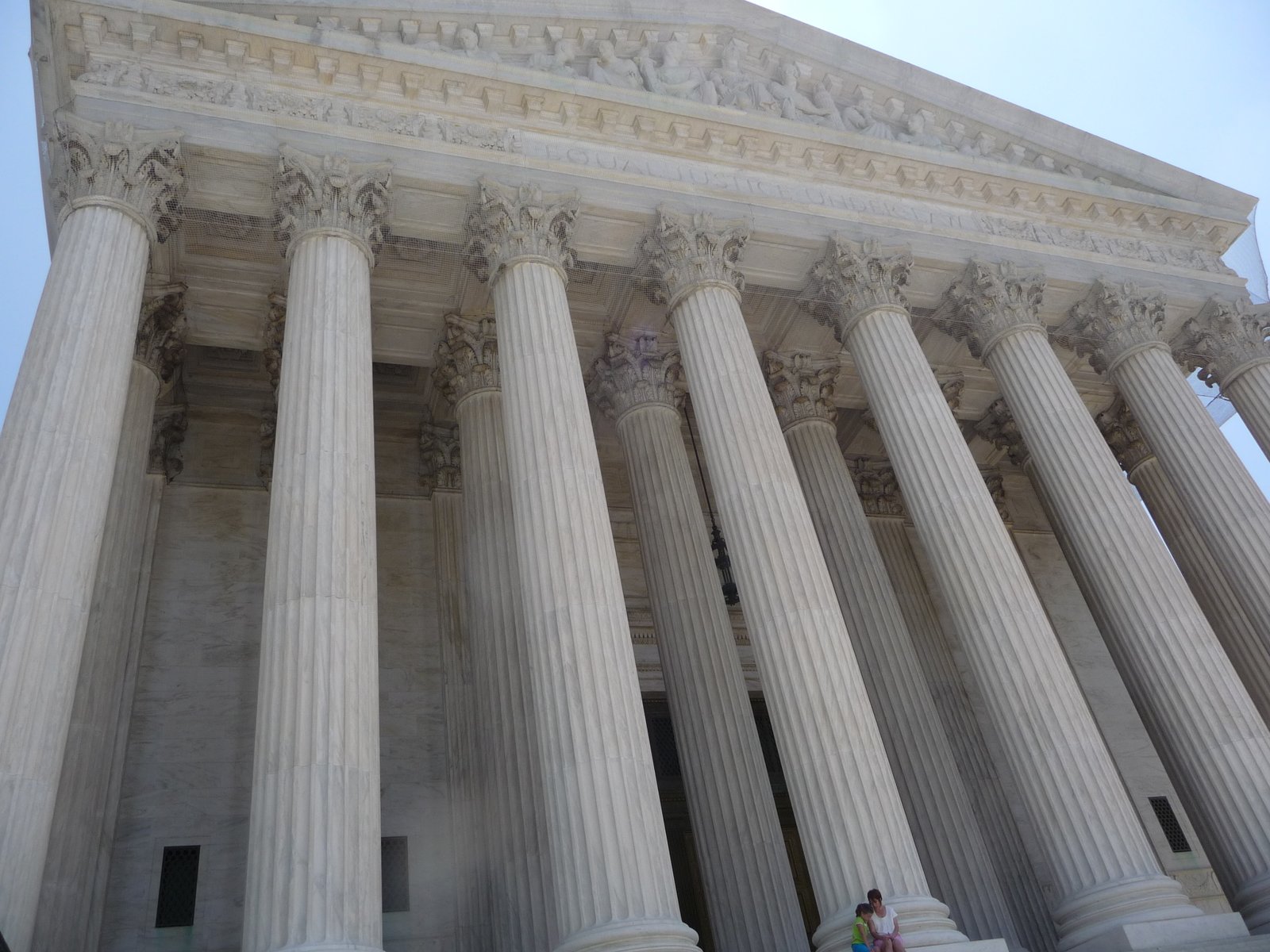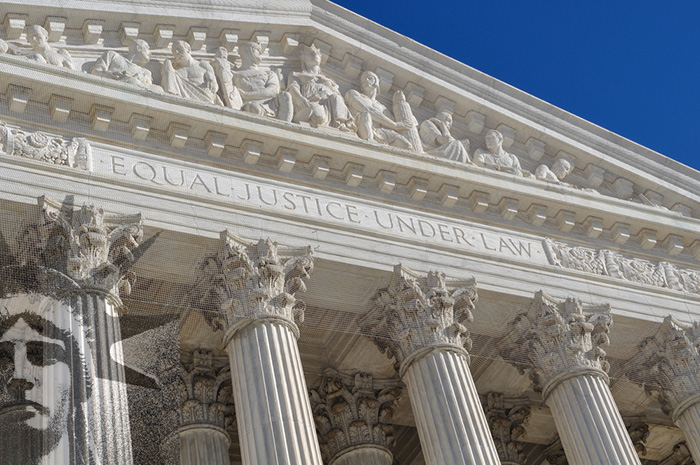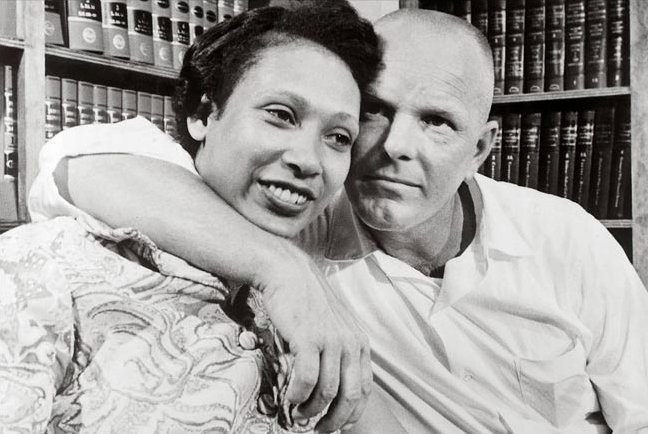In ruling that an unwritten rule, quite possibly manufactured after the execution was already scheduled, should not be subject to a judicial Establishment Clause and potentially Free Exercise Clause analysis, the Court has created a troubling precedent that targets the principle of the rule of law.
Category: Constitution
Virginia Statute of Religious Freedom of 1786 reminds us of the mutual benefits of church-state separation
The Virginia legislators who approved the religious freedom statute in 1786, separating church and state, recognized the potential for change, and call the Americans of 2019 and beyond to a greater truth and a higher reality.
Supreme Court Agrees to Hear WWI Memorial Cross Case
[dc]T[/dc]he Supreme Court has agreed to hear an appeal of a 4th Circuit decision involving a Maryland cross-shaped WWI memorial. In 2017, the 4th US Circuit Court of Appeals held 2-1 that the structure, erected in 1925, “has the primary effect of excessively endorsing religion and excessively entangles the government in religion.”
Turning Back the Clock: The Plot to Dismantle the Establishment Clause
Over the last few decades, a religious movement has gained widespread political power with the stated intent of turning back the clock by dismantling the Establishment Clause, which requires separation of church and state.
Moves by both sides make citizen journalism an endangered species
Regulation of online speech is marching forward from both the left and the right, and it may only be a matter of time until free expression on the Internet becomes a thing of the past.
Court orders parties to brief Establishment Clause issue in travel ban case
On Friday, the U.S. Supreme Court agreed to hear Trump v. Hawaii (Docket No. 17-965) and directed the parties to prepare briefs and arguments on the issue of whether President Donald Trump’s travel ban, Proclamation No. 9645, also known as Executive Order 3 (EO-3), violates the Establishment Clause.
Supreme Court declines Establishment Clause challenge to Mississippi LGBT law
On Monday, January 8, 2018, the United States Supreme Court declined to review both Barber v. Bryant and Campaign for Southern Equality v. Bryant, two suits filed against Mississippi Governor Phil Bryant contesting the state’s law (HB 1523) which allows public officials and businesses to deny services to LGBT people for religious reasons.
Trump judicial nominee Barrett faces religious tests from left and right
At the committee hearing, Democrat Sen. Feinstein questioned her Catholic beliefs on abortion and Republican Sen. Cruz questioned her on the death penalty.
States Rights, Slavery, the 14th Amendment and Religious Liberty
Have you ever wondered what legal mechanism existed that permitted the legalization of slavery in the United States after the Bill of Rights was ratified in 1791? How it was that men, women, and children were held in bondage after Francis Scott Key wrote the famous words, “land of the free, and the home of the brave” in 1812? How segregation persisted in law until the late 1960s?
States prohibiting all non-public school funding may escape Trinity Lutheran impact
States that have constitutional provisions that prohibit public aid to all private schools, regardless of whether or not they are religiously affiliated, might have a substantial argument against school voucher claims under Trinity Lutheran v. Comer.









